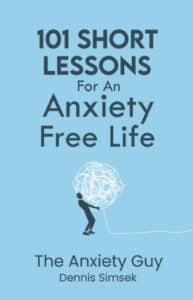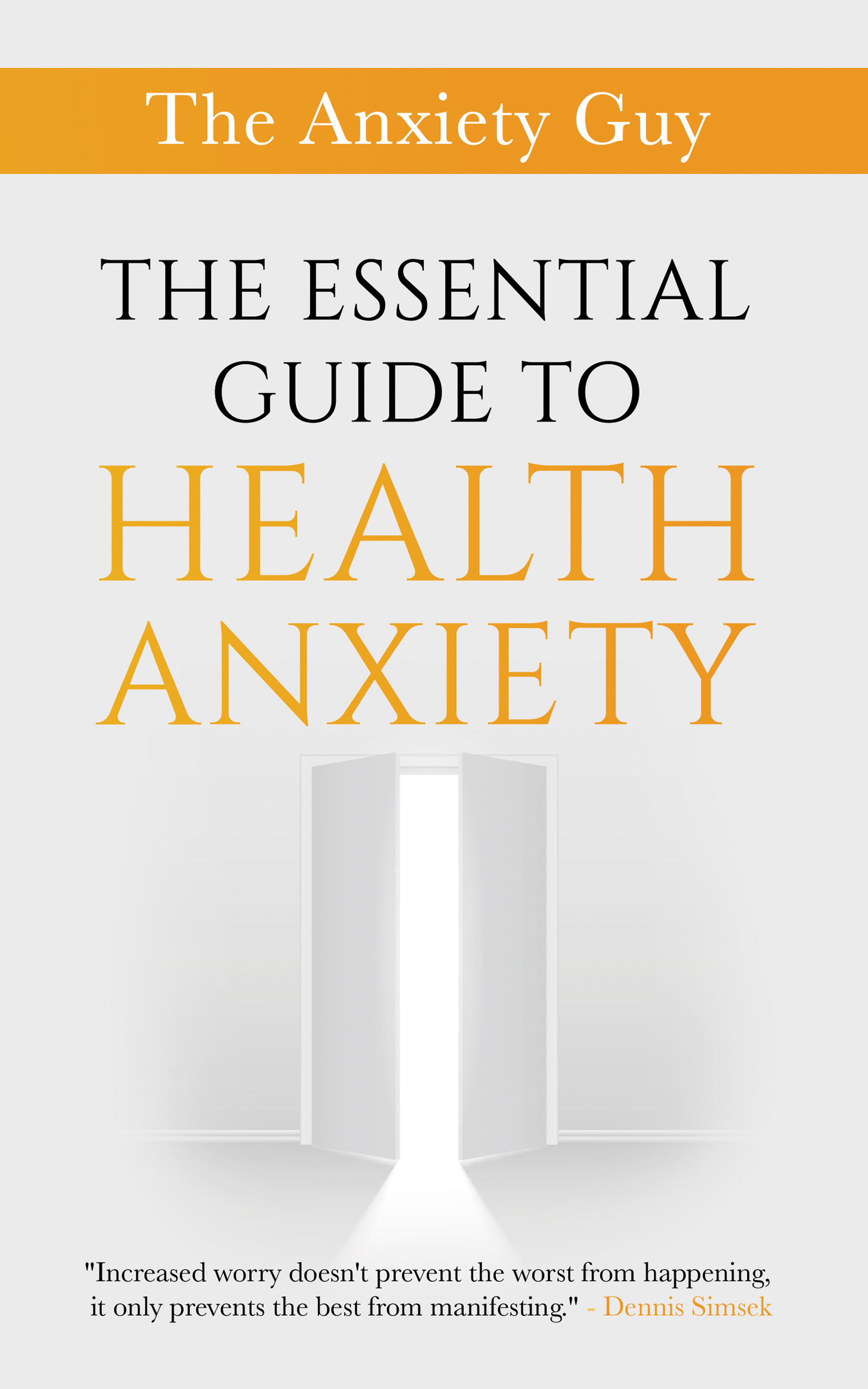Responding to irrational fear and taming the frantic inner child takes intention, patience, and steady awareness. As we continue to feed this inner relationship with guidance and understanding we can take the elements of anxiety once and for all. Enjoy today’s episode everyone!
Show notes below:
Understanding Bodily Sensations
Bodily sensations related to anxiety can be distressing and disruptive. These may include a racing heart, shortness of breath, sweating, trembling, and gastrointestinal issues. These symptoms result from the body’s fight-or-flight response, a natural reaction to perceived threats. However, in the case of anxiety, this response is often triggered without any real danger, leading to chronic stress and discomfort.
One effective approach to dealing with these physical symptoms is through surrender sessions. This practice involves paying attention to the present moment without judgment, which can help individuals become more aware of their bodily sensations and reduce the automatic reaction to them.
Techniques such as deep breathing for anxiety, progressive muscle relaxation, and body scan meditations are particularly beneficial. These practices help calm the nervous system, lower heart rate, and reduce muscle tension.
Regular physical activity is another powerful tool for managing anxiety-related bodily sensations. Exercise releases endorphins, the body’s natural mood lifters, and helps regulate stress hormones like cortisol. Activities such as yoga, walking, running, or swimming can be particularly effective. Moreover, maintaining a balanced diet and staying hydrated are essential for overall mental and physical health, as certain nutrients play a vital role in brain function and mood regulation.
Addressing Intrusive Thoughts and Irrational Fear
Intrusive thoughts are unwanted, distressing thoughts and irrational fear can be difficult to control. These thoughts often revolve around fears, worries, or negative self-perceptions, and can exacerbate anxiety. To deal with intrusive thoughts, Cognitive-Behavioral Therapy (CBT) is highly effective. CBT helps individuals identify, challenge, and reframe negative thought patterns. By recognizing these thoughts as irrational or exaggerated, individuals can reduce their power and impact.
Another useful technique is thought-stopping, which involves consciously interrupting intrusive thoughts. This can be done by saying “stop” out loud or visualizing a stop sign when the thought arises, followed by redirecting attention to a more positive or neutral thought. Additionally, journaling can be an effective way to process intrusive thoughts. Writing down worries or fears can help externalize them, making them feel less overwhelming.
Mindfulness-based practices are also beneficial for managing intrusive thoughts. Similar to their effect on bodily sensations, these practices encourage a non-judgmental awareness of thoughts, allowing individuals to observe them without getting caught up in their content. This can diminish the impact of intrusive thoughts and reduce their frequency.
Conclusion
Healing anxiety and irrational fear requires a multifaceted approach that addresses both bodily sensations and intrusive thoughts. Mindfulness meditation, regular exercise, cognitive-behavioral therapy, thought-stopping techniques, and journaling are all practical tools that can help individuals gain control over their anxiety. By combining these strategies and going through well rounded anxiety recovery programs, you can find anxiety relief and improve your overall quality of life starting today.
How Are You Dealing With Irrational Fear Lately? Comment Below And Share.
The Anxiety Guy Resources:
- Books: “F*** Coping Start Healing” – a great tool for those ready to take active steps in their anxiety recovery.
- Calm: Mindfulness practices that help in grounding and taking control over runaway thoughts.
- Support Groups: Online anxiety support groups such as ours and local meetups can provide the encouragement and understanding needed to step out of the victim role.
The Anxiety Guy Podcast is one of the most popular mental health podcasts in the world with more than 6 million downloads alongside the Health Anxiety Podcast Show.
It has been selected as the top mental health and anxiety podcast on Apple 6 times, and has been listen as a top podcast for anxiety today on Psychology Today, Choosing Therapy, Better Help, Women’s Health, Marissa Peer and many more. To listen to any of the past episodes for free, check out this page.
Listen to all future anxiety guy podcast episodes on Spotify, Tune-in, Podbean, Podbay, Podcast Addict, Scribd, Luminary, Google Podcasts, Amazon Music, or on your favorite podcast platform. You can watch all previous anxiety guy episodes through video on YouTube here.




















Thank you for your support on helping our community with mental health help. These podcasts really help . I’m working hard on my mental health. I feel like I’m stuck and can’t get out of my thoughts and fears .
Much love Elizabeth I’m glad these podcast episodes are helping.
Reading this article has made me to become more aware of my bodily sensations and learned to reduce my automatic reactions to them. Techniques like deep breathing, progressive muscle relaxation, and body scan meditations have been incredibly beneficial. The strategies shared in this podcast—mindfulness meditation, regular exercise, cognitive-behavioral therapy, thought-stopping techniques, and journaling—have helped me gain control over my anxiety and significantly improved my overall quality of life. This episode has provided me with the tools to manage my anxiety effectively, and I am grateful for the positive changes it has brought to my life.
That’s the kind of awareness that can take us out of frantically reacting to conscious responding to our irrational fears, anxiety symptoms etc.